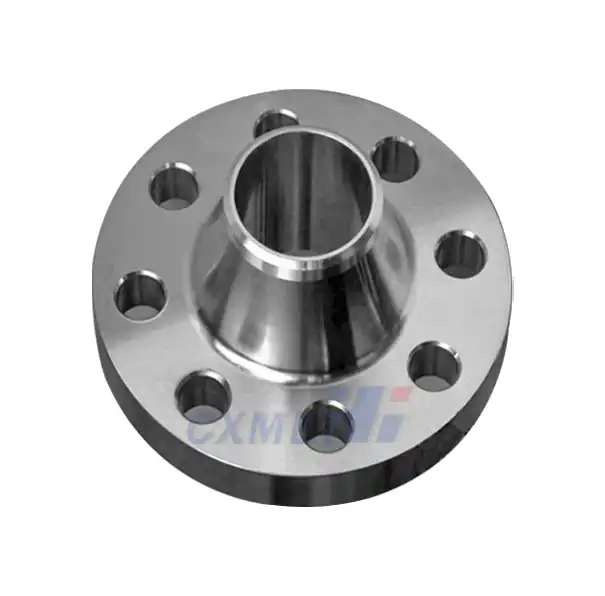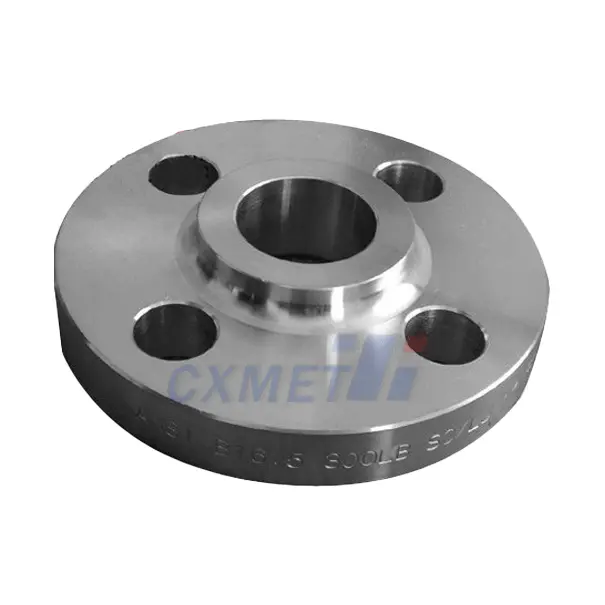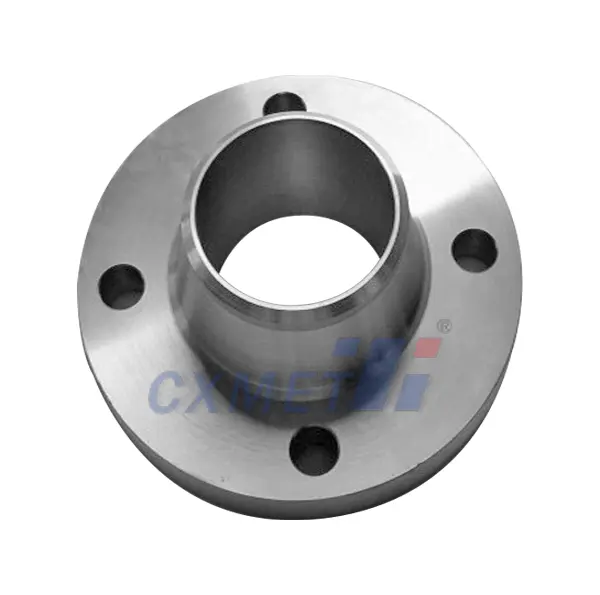- English
- French
- German
- Portuguese
- Spanish
- Russian
- Japanese
- Korean
- Arabic
- Greek
- German
- Turkish
- Italian
- Danish
- Romanian
- Indonesian
- Czech
- Afrikaans
- Swedish
- Polish
- Basque
- Catalan
- Esperanto
- Hindi
- Lao
- Albanian
- Amharic
- Armenian
- Azerbaijani
- Belarusian
- Bengali
- Bosnian
- Bulgarian
- Cebuano
- Chichewa
- Corsican
- Croatian
- Dutch
- Estonian
- Filipino
- Finnish
- Frisian
- Galician
- Georgian
- Gujarati
- Haitian
- Hausa
- Hawaiian
- Hebrew
- Hmong
- Hungarian
- Icelandic
- Igbo
- Javanese
- Kannada
- Kazakh
- Khmer
- Kurdish
- Kyrgyz
- Latin
- Latvian
- Lithuanian
- Luxembou..
- Macedonian
- Malagasy
- Malay
- Malayalam
- Maltese
- Maori
- Marathi
- Mongolian
- Burmese
- Nepali
- Norwegian
- Pashto
- Persian
- Punjabi
- Serbian
- Sesotho
- Sinhala
- Slovak
- Slovenian
- Somali
- Samoan
- Scots Gaelic
- Shona
- Sindhi
- Sundanese
- Swahili
- Tajik
- Tamil
- Telugu
- Thai
- Ukrainian
- Urdu
- Uzbek
- Vietnamese
- Welsh
- Xhosa
- Yiddish
- Yoruba
- Zulu
What are the Material Grades for Titanium Weld Neck Flanges?
2025-01-18 16:42:21
Titanium weld neck flanges are crucial components in various industrial applications, known for their exceptional strength, corrosion resistance, and lightweight properties. Understanding the material grades available for these flanges is essential for engineers, manufacturers, and procurement specialists to ensure they select the most suitable option for their specific needs. This blog post will explore the different material grades used in titanium weld neck flanges, their characteristics, and how to choose the right grade for your application.

How do different titanium grades affect flange performance?
The performance of titanium weld neck flanges is significantly influenced by the specific grade of titanium used in their construction. Different titanium grades offer varying levels of strength, corrosion resistance, and temperature tolerance, which directly impact the flange's overall performance in different environments and applications.
Grade 1 titanium, for instance, is the most ductile and softest of the unalloyed grades. It offers excellent formability and is often used in applications where corrosion resistance is the primary concern, but high strength is not required. This grade is suitable for chemical processing equipment and marine applications where exposure to saltwater is a factor.
Grade 2 titanium, the most commonly used unalloyed grade, provides a balance between strength and ductility. It offers slightly higher strength than Grade 1 while maintaining good corrosion resistance. Grade 2 titanium weld neck flanges are often used in chemical processing, desalination plants, and offshore oil and gas applications.
Grade 3 titanium is similar to Grade 2 but with slightly higher strength and lower ductility. It's often used in applications requiring moderate strength and excellent corrosion resistance, such as in the aerospace industry and for pressure vessels.
Grade 4 titanium offers the highest strength among the unalloyed grades. It's used in applications requiring higher strength while maintaining good corrosion resistance, such as in marine hardware and some aerospace components.
Moving to the alloyed grades, Grade 5 (Ti-6Al-4V) is the most commonly used titanium alloy. It offers an excellent combination of high strength, light weight, and good corrosion resistance. Grade 5 titanium weld neck flanges are widely used in aerospace, automotive, and medical industries where high performance is crucial.
Grade 7 titanium, an alloy containing 0.2% palladium, offers enhanced corrosion resistance, particularly in reducing acid environments. This grade is often used in chemical processing equipment handling aggressive chemicals.
Grade 9 titanium (Ti-3Al-2.5V) provides a good balance of strength, ductility, and weldability. It's often used in high-pressure applications and in the aerospace industry for hydraulic and fuel systems.
When selecting a titanium grade for weld neck flanges, it's essential to consider the specific requirements of your application. Factors such as operating temperature, pressure, chemical exposure, and mechanical stress all play a role in determining the most suitable grade. Consulting with metallurgists or flange manufacturers can help in making an informed decision based on your unique needs.
What are the key differences between commercially pure and alloyed titanium flanges?

The distinction between commercially pure (CP) titanium and alloyed titanium flanges is crucial in understanding their respective properties and applications. CP titanium grades, which include Grades 1, 2, 3, and 4, are unalloyed and contain varying amounts of oxygen, which affects their strength and ductility. Alloyed titanium grades, such as Grade 5 (Ti-6Al-4V) and Grade 7, contain additional elements that significantly alter their properties.
Commercially pure titanium flanges offer excellent corrosion resistance and are generally more ductile than their alloyed counterparts. They are ideal for applications where formability and corrosion resistance are primary concerns. CP titanium grades are often used in chemical processing equipment, heat exchangers, and marine applications where exposure to corrosive environments is common.
Grade 1 CP titanium offers the highest ductility and lowest strength among the unalloyed grades. It's often used in applications requiring extreme formability or where strength is not a critical factor. Grade 2, the most commonly used CP grade, provides a good balance of strength and ductility, making it suitable for a wide range of applications. Grades 3 and 4 offer progressively higher strength but with reduced ductility.
Alloyed titanium flanges, on the other hand, are designed to provide enhanced mechanical properties. The addition of alloying elements like aluminum and vanadium in Grade 5 titanium (Ti-6Al-4V) results in significantly higher strength-to-weight ratios compared to CP grades. This makes alloyed titanium flanges ideal for applications requiring high strength and excellent fatigue resistance, such as in aerospace and high-performance automotive industries.
Grade 5 titanium, the most widely used alloyed grade, offers an excellent combination of high strength, light weight, and good corrosion resistance. It's often used in critical applications where performance is paramount. Grade 7 titanium, which contains a small amount of palladium, provides superior corrosion resistance, particularly in reducing acid environments, making it suitable for chemical processing equipment handling aggressive chemicals.
When it comes to weldability, CP titanium grades generally offer better weldability than alloyed grades. This is due to their simpler composition, which results in fewer complications during the welding process. However, with proper techniques and procedures, alloyed titanium flanges can also be welded successfully.
In terms of cost, CP titanium flanges are generally less expensive than alloyed titanium flanges due to their simpler composition and manufacturing process. This makes them a cost-effective choice for applications where the enhanced properties of alloyed titanium are not necessary.
The choice between CP and alloyed titanium flanges ultimately depends on the specific requirements of the application. Factors to consider include required strength, operating environment, temperature range, and budget constraints. In some cases, a CP grade may be sufficient and more cost-effective, while in others, the superior properties of an alloyed grade may be necessary to meet performance requirements.
How to choose the right titanium grade for specific flange applications?
Selecting the appropriate titanium grade for specific flange applications is a critical decision that can significantly impact the performance, longevity, and cost-effectiveness of your system. The choice depends on various factors, including operating conditions, environmental factors, mechanical requirements, and economic considerations.
First and foremost, it's essential to understand the operating environment in which the flange will be used. This includes factors such as temperature range, pressure, and exposure to corrosive substances. For applications involving mildly corrosive environments and moderate temperatures, commercially pure (CP) titanium grades like Grade 2 may be sufficient. However, for more aggressive environments or higher temperatures, alloyed grades like Grade 5 (Ti-6Al-4V) or Grade 7 might be necessary.
The mechanical requirements of the application play a crucial role in grade selection. If high strength is a primary concern, alloyed grades like Grade 5 or Grade 9 (Ti-3Al-2.5V) are often preferred. These grades offer superior strength-to-weight ratios and excellent fatigue resistance, making them suitable for aerospace and high-performance industrial applications. On the other hand, if formability is more important than strength, CP grades like Grade 1 or Grade 2 might be more appropriate.
Consider the specific corrosion resistance requirements of your application. While all titanium grades offer excellent corrosion resistance, some perform better in certain environments. For instance, Grade 7 titanium, with its palladium content, provides enhanced resistance to reducing acids, making it ideal for chemical processing applications involving aggressive chemicals.
The operating temperature is another critical factor. Most titanium grades perform well at room temperature and moderately elevated temperatures. However, for high-temperature applications, specific grades like Grade 5 or Grade 9 may be more suitable due to their ability to maintain strength at higher temperatures.
Weldability is an important consideration if the flange needs to be welded to other components. CP titanium grades generally offer better weldability than alloyed grades. If welding is a crucial aspect of your application, consult with welding experts to determine the most suitable grade and welding procedures.
Economic factors should also be taken into account. While titanium flange is generally more expensive than many other metals, the cost varies between grades. CP grades are typically less expensive than alloyed grades. Consider whether the enhanced properties of alloyed grades justify the additional cost for your specific application.
It's also important to consider industry standards and specifications. Certain industries or applications may have specific requirements or preferred grades. For example, the aerospace industry often requires the use of Grade 5 titanium due to its high strength and excellent fatigue resistance.
When in doubt, it's always advisable to consult with metallurgists, engineers, or flange manufacturers. These experts can provide valuable insights based on their experience and knowledge of different titanium grades and their performance in various applications.
Lastly, consider future needs and potential changes in operating conditions. Selecting a grade that offers a margin of safety or additional capabilities may prove beneficial if operating conditions change or if the system is repurposed in the future.
In conclusion, choosing the right titanium flange grade for specific flange applications requires a comprehensive understanding of the application requirements, material properties, and economic factors. By carefully considering these aspects and seeking expert advice when needed, you can ensure that you select the most appropriate titanium grade for your weld neck flanges, optimizing performance, longevity, and cost-effectiveness.
At SHAANXI CXMET TECHNOLOGY CO., LTD, we take pride in our extensive product range, which caters to diverse customer needs. Our company is equipped with outstanding production and processing capabilities, ensuring the high quality and precision of our products. We are committed to innovation and continuously strive to develop new products, keeping us at the forefront of our industry. With leading technological development capabilities, we are able to adapt and evolve in a rapidly changing market. Furthermore, we offer customized solutions to meet the specific requirements of our clients. If you are interested in our products or wish to learn more about the intricate details of our offerings, please do not hesitate to contact us at sales@cxmet.com. Our team is always ready to assist you.

References:
- ASTM International. (2021). Standard Specification for Titanium and Titanium Alloy Forgings.
- American Society of Mechanical Engineers. (2019). ASME B16.5: Pipe Flanges and Flanged Fittings.
- Titanium Information Group. (2020). Titanium Alloys - Physical Properties.
- MatWeb. (2021). Titanium Grade Overview.
- TWI Global. (2018). Welding of Titanium and its Alloys - Part 1.
- Aerospace Specification Metals Inc. (2021). Titanium Ti-6Al-4V (Grade 5), Annealed.
- Corrosion Materials. (2019). Titanium Grades for Corrosion Applications.
- International Titanium Association. (2020). Titanium in Industrial Applications.
- American Welding Society. (2017). Welding Handbook, Volume 4: Materials and Applications, Part 2.
- ASM International. (2015). ASM Handbook, Volume 2: Properties and Selection: Nonferrous Alloys and Special-Purpose Materials.
YOU MAY LIKE